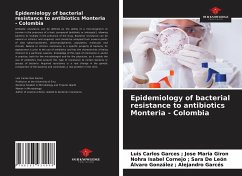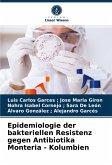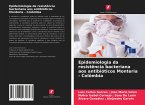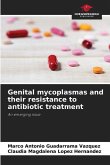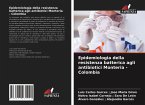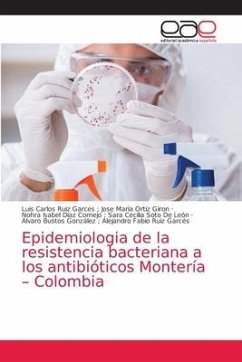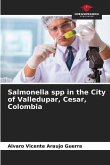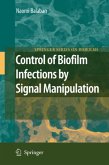Antibiotic resistance can be defined as the ability of a microorganism to survive in the presence of a toxic compound (antibiotic or antiseptic), allowing bacteria to multiply in the presence of the drug. Bacterial resistance can be natural or intrinsic and acquired, and should be analyzed from several points of view (pharmacokinetic, pharmacodynamic, population, molecular and clinical). Natural or intrinsic resistance is a specific property of bacteria, its appearance is prior to the use of antibiotics and has the characteristic of being inherent to a particular species. Knowledge of this type of resistance is useful in practice, both for the microbiologist and for the physician, as it avoids the use of antibiotics that present this type of resistance to certain bacteria or groups of bacteria. Acquired resistance is a real change in the genetic composition of the bacteria and constitutes a real problem in the clinic.
Bitte wählen Sie Ihr Anliegen aus.
Rechnungen
Retourenschein anfordern
Bestellstatus
Storno

